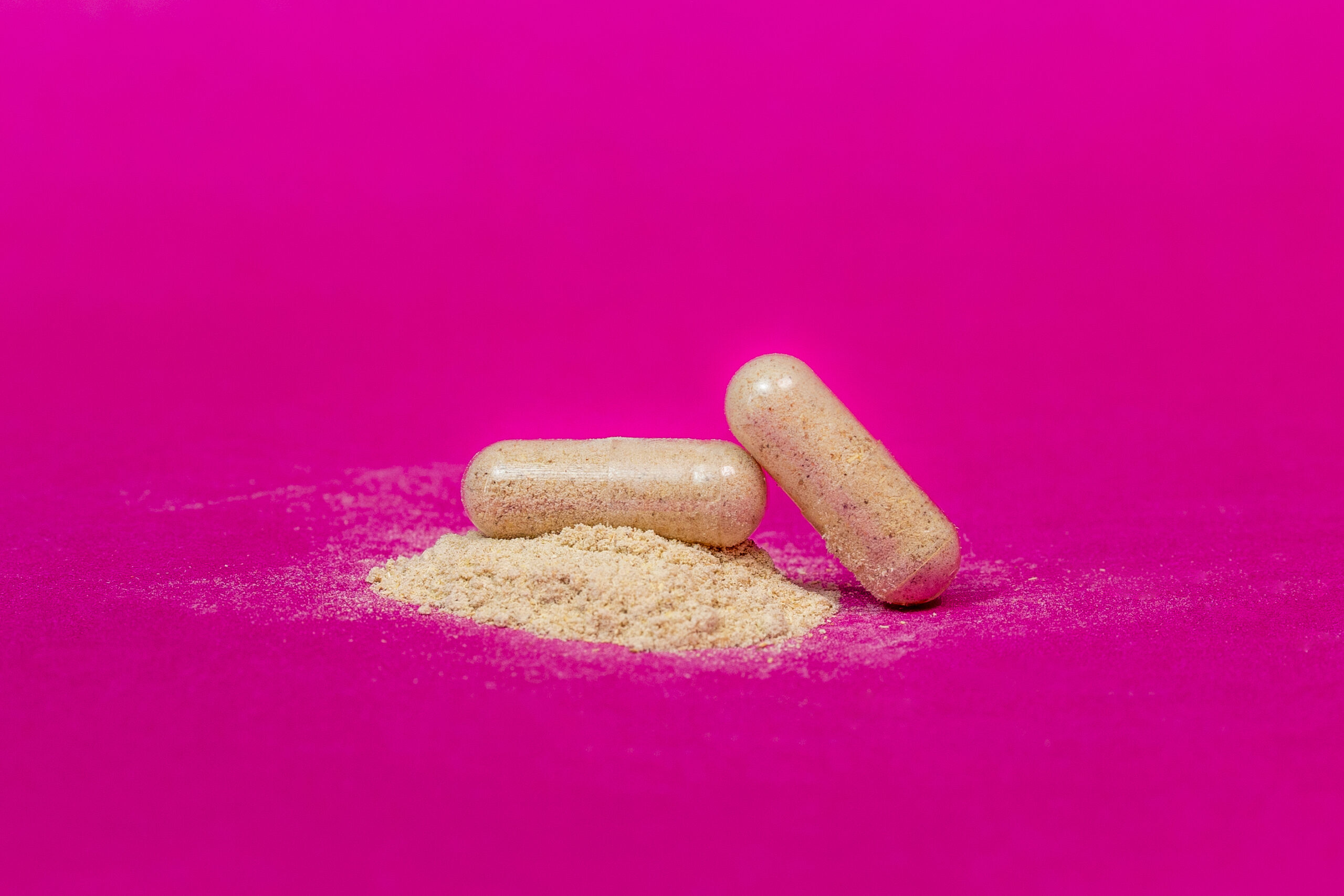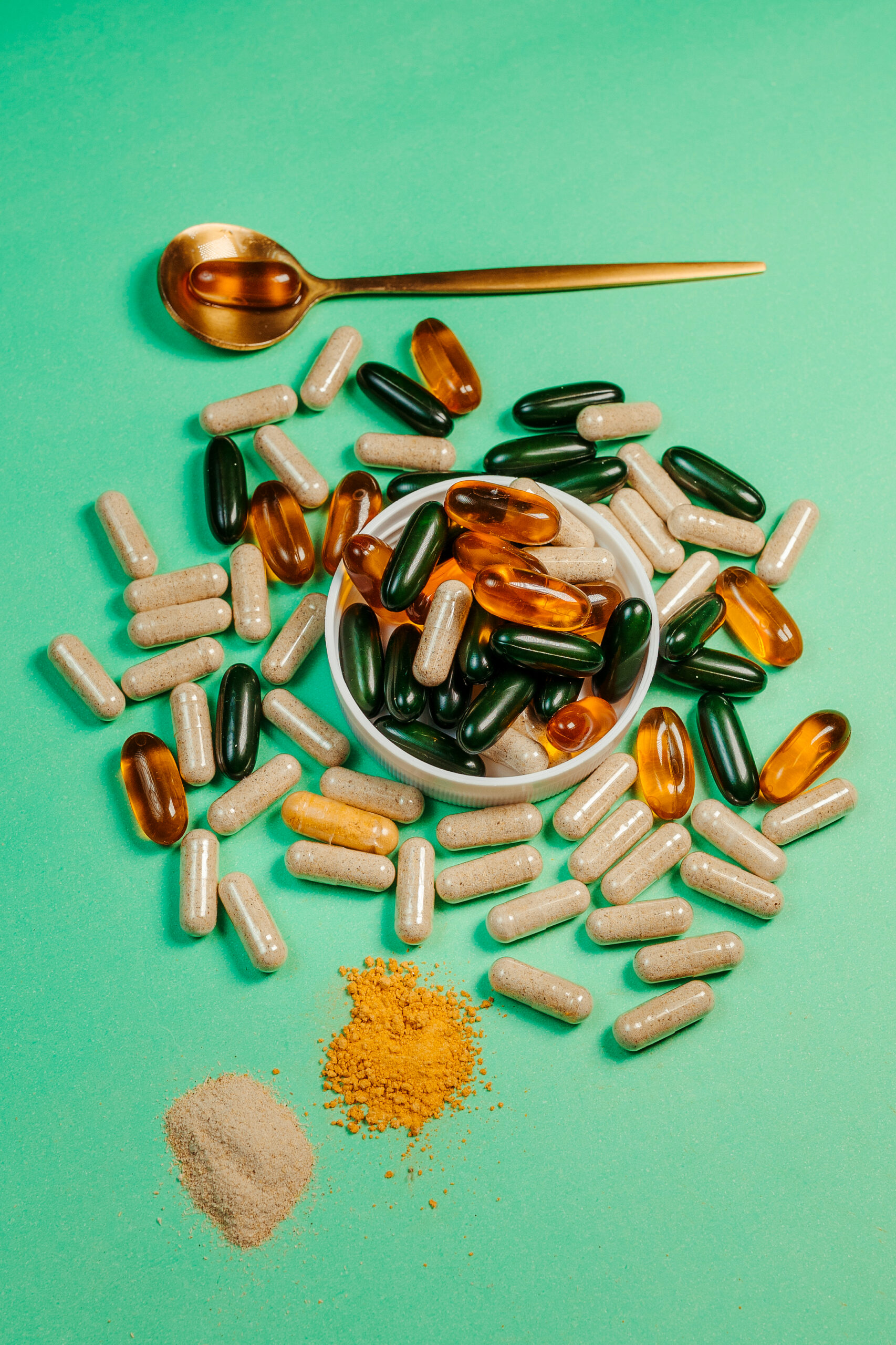So you’ve probably heard about all sorts of wellness and detox trends, but have you ever come across colon hydrotherapy? This unique therapy is gaining popularity in the health and wellness community as a way to cleanse and rejuvenate your digestive system. In this article, we’ll explore what exactly colon hydrotherapy is, how it works, and the potential benefits it may offer for your overall well-being. Get ready to discover a whole new level of internal cleansing that might just leave you feeling lighter and more energized.

Overview of Colon Hydrotherapy
Definition of Colon Hydrotherapy
Colon hydrotherapy, also known as colonic irrigation or colon cleansing, is a therapeutic procedure that involves gently flushing water into the colon to cleanse the large intestine. This procedure aims to remove accumulated waste, toxins, and harmful bacteria from the colon, promoting overall digestive health.
History of Colon Hydrotherapy
The practice of colon hydrotherapy has roots dating back to ancient civilizations, including the Egyptians, Greeks, and Romans. These civilizations recognized the importance of maintaining a healthy colon for overall well-being. The modern technique of colon hydrotherapy, however, emerged in the early 20th century with the invention of specialized equipment.
Purpose of Colon Hydrotherapy
The primary purpose of colon hydrotherapy is to aid in the proper functioning of the digestive system. By flushing out accumulated waste and toxins from the colon, this therapy aims to improve digestion, promote detoxification, and relieve various gastrointestinal issues. Additionally, colon hydrotherapy is often used as a complementary therapy for weight loss and improving energy levels.
How Colon Hydrotherapy Works
The Process of Colon Hydrotherapy
During a colon hydrotherapy session, you will lie comfortably on a specialized table or chair while a trained therapist inserts a small tube into your rectum. This tube is attached to a machine that slowly and gently introduces warm, filtered water into your colon. As the water flows in, your therapist may use massage techniques to help break up any fecal matter or gas that might be present in the colon. The waste and water are then drained out through a different tube, and the process is repeated for approximately 30 to 45 minutes.
Equipment Used in Colon Hydrotherapy
Colon hydrotherapy is performed using specialized equipment designed for this purpose. The main components include a colonic machine, which controls the flow of water into the colon, and disposable tubing that connects the machine to the client. The machine also contains a system for filtering and purifying the water used during the procedure.
Preparation for Colon Hydrotherapy
Before undergoing colon hydrotherapy, there are a few things you should do to prepare. It’s important to drink plenty of water on the day before and the day of your session to ensure hydration. It is also recommended to avoid heavy meals or foods that can cause gas or bloating before the procedure. Additionally, your therapist may advise you to refrain from eating for a couple of hours prior to the session to ensure an empty stomach.
Benefits of Colon Hydrotherapy
Improved Digestive Health
Colon hydrotherapy can help improve digestive health by removing accumulated waste and toxins from the colon. By cleansing the colon, this therapy may alleviate bloating, cramping, and gas, and promote regular bowel movements. It can also support the growth of healthy gut bacteria, which play a crucial role in digestion and overall well-being.
Detoxification of the Body
One of the key benefits of colon hydrotherapy is its role in detoxifying the body. Over time, the colon can accumulate harmful toxins and waste products that may impact overall health. By flushing out these toxins, colon hydrotherapy helps the body eliminate harmful substances, leading to improved detoxification.
Relief from Constipation
Colon hydrotherapy can provide relief from chronic constipation, a condition characterized by infrequent bowel movements and difficulty passing stools. By facilitating the removal of waste material from the colon, this therapy can help regulate bowel movements and promote regularity.
Weight Loss
While not a standalone weight loss method, colon hydrotherapy can be a complementary therapy for individuals seeking to lose weight. By removing built-up waste and toxins from the colon, this therapy may support overall detoxification and improve metabolism, potentially aiding in weight loss efforts.
Increased Energy Levels
When the colon is congested with waste material, it can impede nutrient absorption and lead to feelings of fatigue. Colon hydrotherapy can help alleviate this by improving digestion and promoting the efficient absorption of nutrients. As a result, many individuals report increased energy levels after undergoing this therapy.
Improved Skin Health
The health of our skin is closely linked to the health of our digestive system. By promoting the elimination of toxins and waste products from the colon, colon hydrotherapy can contribute to better skin health. Many individuals report clearer skin and a reduction in skin issues such as acne and eczema following colon hydrotherapy sessions.
Risks and Side Effects of Colon Hydrotherapy
Dehydration
One of the potential risks of colon hydrotherapy is dehydration. During the procedure, water is introduced into the colon to flush out waste. However, if too much water is used or if the therapist does not monitor the water temperature and flow properly, it can lead to dehydration. It is crucial to choose a qualified therapist and ensure proper hydration before and after the session to minimize this risk.
Electrolyte Imbalance
The electrolyte balance in the body can be affected by colon hydrotherapy, particularly if dehydration occurs. Electrolytes, such as sodium, potassium, and magnesium, are essential for proper bodily function. Imbalances in these electrolytes can lead to various symptoms, including muscle cramps, weakness, and irregular heartbeat. Drinking sufficient amounts of water and consuming electrolyte-rich foods or supplements can help maintain a healthy balance.
Bacterial Infections
If proper sanitation and hygiene protocols are not followed during colon hydrotherapy, there is a risk of bacterial infections. The introduction of water into the colon can disrupt the natural balance of bacteria, and if the equipment or tubing used is not properly cleaned and sterilized, it can lead to infections. Choosing a reputable facility and therapist who prioritize hygiene is essential to minimize this risk.
Perforation of the Colon
Though rare, the colon can potentially be perforated during a colon hydrotherapy session. This risk is higher in individuals with pre-existing colon or intestinal conditions, such as diverticulitis or inflammatory bowel disease. It is crucial to disclose any underlying health conditions to your therapist beforehand to ensure the procedure is safe for you.
Abdominal Cramping
Some individuals may experience abdominal cramping or discomfort during or after colon hydrotherapy. This is usually a temporary side effect and is often a result of the muscles in the colon being stimulated by the water. The discomfort should subside shortly after the procedure, and it can be alleviated by deep breathing and gentle abdominal massages.
Nausea or Vomiting
In some cases, individuals may experience nausea or vomiting during a colon hydrotherapy session. This can be a result of the stimulation of the colon or a reaction to the introduction of water. It is important to communicate any discomfort or unusual symptoms to your therapist immediately, and they will be able to adjust the procedure as necessary for your comfort.

Who Can Benefit from Colon Hydrotherapy
People with Digestive Disorders
Individuals with digestive disorders such as irritable bowel syndrome (IBS), Crohn’s disease, or ulcerative colitis may benefit from colon hydrotherapy. By cleansing the colon and reducing the accumulation of waste, this therapy can help alleviate symptoms associated with these conditions and promote overall digestive health.
Individuals with Chronic Constipation
Chronic constipation can significantly impact one’s quality of life. Colon hydrotherapy can help individuals suffering from chronic constipation by facilitating the removal of waste and promoting regular bowel movements. This therapy may provide relief and support overall digestive function.
Detoxification Purposes
For those seeking to support their body’s natural detoxification processes, colon hydrotherapy can be a beneficial addition to a detox program. By eliminating accumulated toxins and waste from the colon, this therapy aids in the detoxification of the body, leading to improved overall health and well-being.
Weight Loss Goals
While not a standalone weight loss method, colon hydrotherapy can be a helpful component of a weight loss journey. By removing waste material and toxins from the colon, this therapy can support overall detoxification and enhance metabolism, potentially aiding in weight loss efforts.
Difference between Colon Hydrotherapy and Enema
Colon Hydrotherapy
Colon hydrotherapy involves the introduction of a larger volume of water into the colon to cleanse the entire length of the large intestine. This therapy uses specialized equipment to facilitate the process. The water is introduced in a continuous, controlled manner, allowing for a thorough cleansing of the colon.
Enema
An enema, on the other hand, is a procedure that involves the introduction of a smaller volume of water into the rectum and lower portion of the colon. Enemas are typically performed at home using a disposable squeeze bottle or a bag with a nozzle attached. Enemas are often used for specific purposes, such as relieving constipation or preparing for certain medical procedures.

Preparing for a Colon Hydrotherapy Session
Consultation with a Healthcare Professional
Before scheduling a colon hydrotherapy session, it is advisable to consult with a healthcare professional or a qualified therapist. They can assess your individual needs, discuss any underlying health conditions, and determine if colon hydrotherapy is suitable for you. This consultation will also provide an opportunity to address any concerns or questions you may have.
Hydration and Diet
Maintaining proper hydration is crucial before undergoing colon hydrotherapy. It is recommended to drink plenty of water on the day before and the day of your session to ensure that your body is adequately hydrated. Adequate hydration helps soften the stool and supports the effectiveness of the therapy. Additionally, eating a balanced diet rich in fiber in the days leading up to the session can help optimize the results.
Avoiding Certain Foods and Beverages
To ensure a more comfortable colon hydrotherapy session, it is advisable to avoid certain foods and beverages that may cause gas or bloating. These include carbonated drinks, spicy foods, fried foods, beans, and cruciferous vegetables such as broccoli and cauliflower. Opting for lighter meals that are easily digestible can help ensure a smoother experience.
Clothing and Comfort
When preparing for a colon hydrotherapy session, it is best to wear loose-fitting and comfortable clothing. This will allow ease of movement and access to the areas where the therapist will be working. Additionally, bringing along any personal comfort items, such as a pillow or blanket, can enhance your relaxation during the session.
What to Expect During a Colon Hydrotherapy Session
Setting and Equipment
A typical colon hydrotherapy session takes place in a clean and private treatment room. The therapist will explain the procedure, answer any remaining questions you may have, and provide instructions on how to position yourself comfortably on the specialized table or chair. The equipment, such as the colonic machine and the tubing, will be set up and ready for use.
The Procedure
Once you are properly positioned, the therapist will gently insert a small, lubricated tube into your rectum. This process is usually quick and painless. The therapist will then start the flow of water, ensuring that the temperature and pressure are set to a comfortable level for you. As the water enters your colon, you may feel a sensation of fullness or slight pressure but shouldn’t experience any pain. Throughout the session, the therapist will monitor the process and may adjust the water flow and pressure as needed.
Sensations and Discomfort
During a colon hydrotherapy session, it is common to experience sensations of fullness, pressure, or the urge to have a bowel movement. These sensations are a natural response to the presence of water in the colon. However, discomfort or pain should not be experienced during a properly administered session. Communicating any discomfort to your therapist allows them to make adjustments and ensure your comfort throughout the process.
Duration of the Session
The duration of a colon hydrotherapy session can vary depending on individual circumstances and the therapist’s approach. Generally, a session lasts between 30 to 45 minutes. However, the actual time spent with water flowing into your colon may be shorter, as the therapist will also incorporate pauses for massaging your abdomen or discussing any concerns. The therapist will guide you through the session and inform you of the progress at each stage.

Aftercare and Potential Finishing Effects of Colon Hydrotherapy
Post-Treatment Instructions
After a colon hydrotherapy session, your therapist will provide you with post-treatment instructions to ensure a smooth recovery and optimize the benefits of the therapy. These instructions may include guidance on hydrating properly, consuming nourishing foods, and allowing your body time to rest and rejuvenate. Following these instructions will help support your body’s healing process and minimize any potential side effects.
Possible Side Effects
For most individuals, colon hydrotherapy is a safe and well-tolerated procedure. However, some temporary side effects can occur. These may include increased bowel movements, mild abdominal cramping, or a sense of fatigue. These effects should subside within a few hours to a day following the session. If you experience any unusual or persistent symptoms, it is essential to contact your therapist or healthcare professional.
Follow-Up Sessions
Depending on your specific needs and goals, your therapist may recommend a series of colon hydrotherapy sessions. The frequency and number of follow-up sessions will vary and should be discussed with your therapist or healthcare professional. Follow-up sessions can help provide ongoing support for digestive health, detoxification, or the management of specific conditions.
The Controversies Surrounding Colon Hydrotherapy
Limited Scientific Evidence
While many individuals report positive experiences with colon hydrotherapy, there is limited scientific evidence to support its benefits. Due to the nature of the procedure and the ethical challenges of conducting controlled studies, scientific research in this area is limited. However, anecdotal evidence and personal testimonials often highlight the potential benefits for certain individuals.
Potential Risks and Misuse
Colon hydrotherapy carries some potential risks, particularly when performed incorrectly or in unsanitary conditions. It is essential to choose a qualified therapist and a reputable facility that follows strict hygiene protocols. Misuse of equipment or improper technique can increase the risk of bacterial infections, perforation of the colon, electrolyte imbalances, or dehydration.
Cautions and Warnings
Individuals with certain health conditions, such as diverticulitis, ulcerative colitis, or recent abdominal surgery, may need to avoid colon hydrotherapy or proceed with caution. It is crucial to disclose any underlying health conditions to your therapist or healthcare professional before undergoing the procedure. They will assess your suitability for colon hydrotherapy and make recommendations based on your individual circumstances.
In summary, colon hydrotherapy is a therapeutic technique that aims to cleanse the colon and promote overall digestive health. While it is beneficial for some individuals, it is important to consider the potential risks and consult with a healthcare professional before undergoing the procedure. When performed by a qualified therapist in a safe and hygienic setting, colon hydrotherapy can offer various benefits, such as improved digestion, detoxification, relief from constipation, weight loss support, increased energy levels, and improved skin health. Understanding the process, preparing adequately, and following post-treatment instructions will ensure a positive experience and maximize the potential benefits of colon hydrotherapy.

